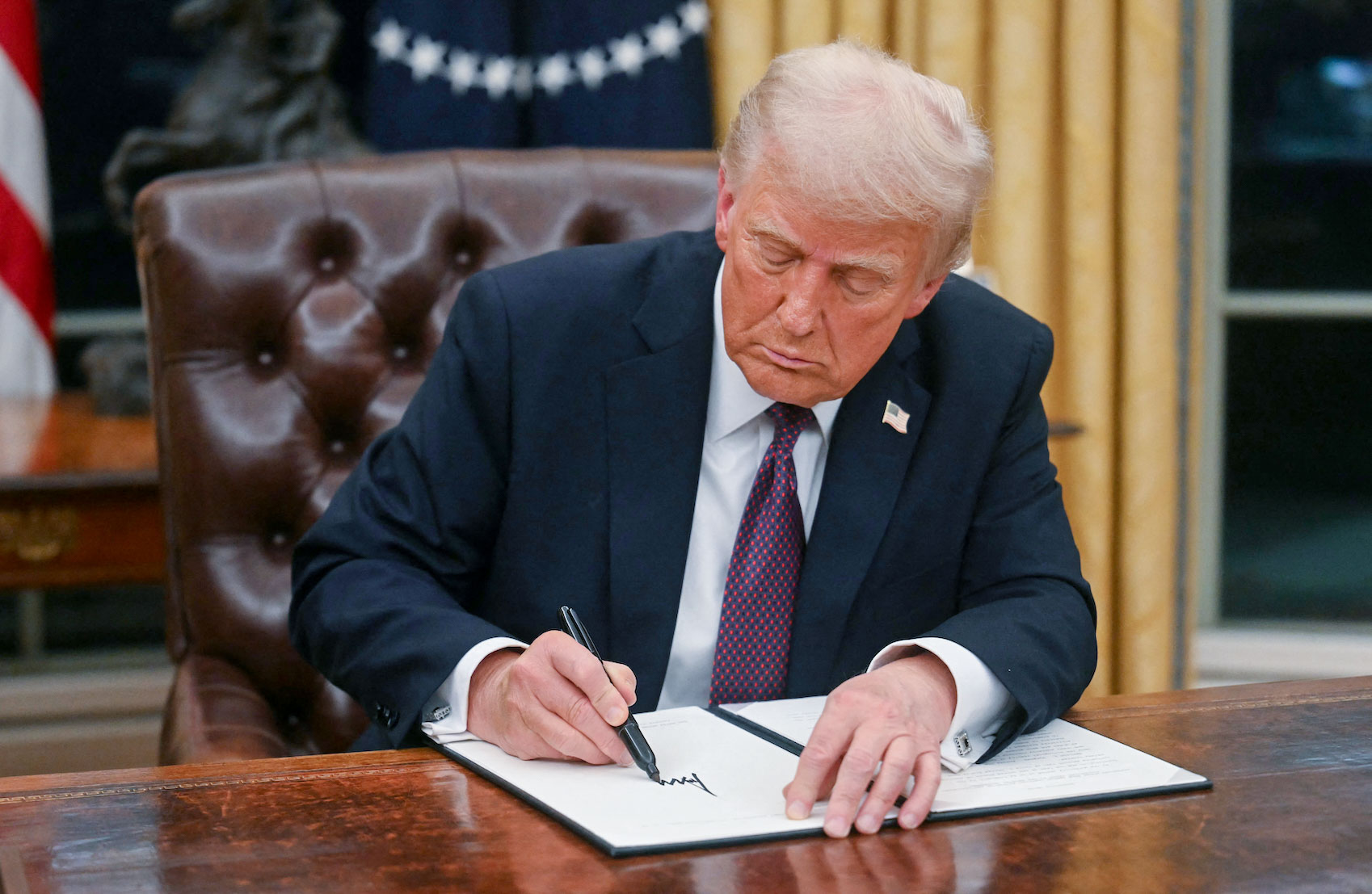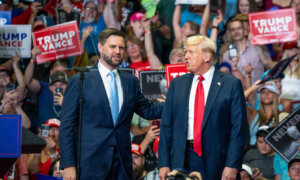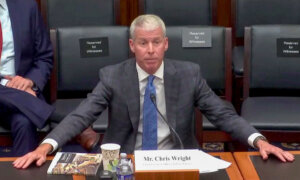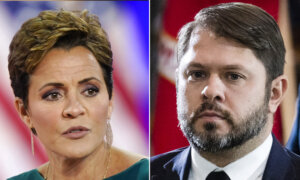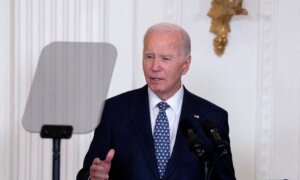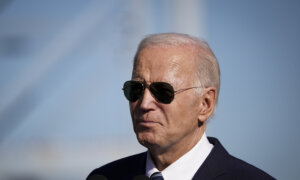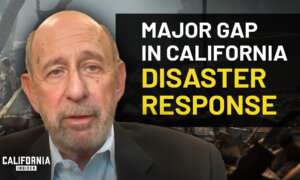WASHINGTON—President Donald Trump has followed through on his vows to move swiftly in pardoning almost all of those charged in connection with the Jan. 6, 2021, demonstrations at the U.S. Capitol—a group he referred to as “J6 hostages.”
After leaving the Capital One Arena late on Jan. 20, he went back to the Oval Office and pardoned roughly 1,500 individuals involved in the breach while commuting sentences of 14 individuals still serving time.
Trump had reiterated his pledges at the Capitol earlier in the day soon after his inauguration.
“You’re going to see a lot of action on the J6 hostages,” the president said.
In a December interview with Time Magazine, Trump said he would examine the Jan. 6 participants’ cases “on a case-by-case basis,” starting during the first hour of his presidency.
“If they were non-violent, I think they’ve been greatly punished,” he said. “They’ve suffered greatly, and in many cases, they should not have suffered.”
During a recent Fox News Sunday interview, Vice President-elect JD Vance said those who were violent on Jan. 6 “shouldn’t be pardoned.”
On the eve of Inauguration Day, a Jan. 6 defendant’s mother, Angela McKinnon, told The Epoch Times she was expecting a pardon for her son, Robert Morss.
Morss, a former Army Ranger, was found guilty of obstructing an official proceeding, robbery of personal property of the United States, and assaulting, resisting, or impeding officers with a dangerous weapon.
“He had a horrible time in prison,” she said, adding that he still emerged from it into a halfway house as “a better person.”
She said she anticipated the president would complete the pardons swiftly, by Day 2.
“I feel if he didn’t do that, it would fracture his base,” she said.
The Jan. 6 protest and riot took place during the certification of the 2020 election. Trump supporters had gathered in Washington to protest an outcome they saw as illegitimate due to allegations of widespread fraud, and the president had organized a “Stop the Steal” rally at the Ellipse in Washington, during which Trump gave a speech before rallygoers moved on to the U.S. Capitol.
Multiple Trump supporters died in the chaos. One of them, 35-year-old Ashli Babbitt, was shot by a U.S. Capitol Police officer while she was trying to pass through a broken window on the way to the Speaker’s Lobby. After receiving aid from an emergency response team, she was transferred to the hospital, where she later died.
More than 1,500 people have been arrested in connection with the events of Jan. 6, 2021. Nearly two-thirds of those sentenced have received prison time.
Alleged offenses run the gamut from using a dangerous weapon to assaulting law enforcement officers—the charge faced by, among others, Matthew Jason Beddingfield, who came to the Capitol while on pretrial release for a charge of attempted murder—to merely “parading, demonstrating, or picketing in a Capitol building,” another frequent charge in Jan. 6 cases.
At least 26 FBI informants were in Washington that day in connection with the incident, according to a December 2024 report from the Department of Justice’s inspector general. The report states that undercover FBI agents were not present “in the various protest crowds, or at the Capitol, on January 6.”
Trump’s actions on Jan. 6 have been a topic of contention. In the two weeks between the protest and Trump leaving office, the House impeached him, saying he had tried to incite an insurrection. An acquittal from the Senate followed in February.
While Trump urged his supporters to march to the Capitol that day to voice their concerns, he told them to demonstrate “peacefully and patriotically.” He also urged his followers via Twitter, now X, to “stay peaceful” and “please support our Capitol Police and law enforcement.”
In a transcribed interview with the Jan. 6 Select Committee, Trump’s former deputy chief of staff testified that the president wanted 10,000 National Guardsmen in Washington on Jan. 6, citing a conversation he overheard between former White House Chief of Staff Mark Meadows and D.C. Mayor Muriel Bowser.
Footage recorded that day showed then-Speaker Nancy Pelosi (D-Calif.) saying she was responsible for the National Guard’s absence from the Capitol.
Article II of the Constitution allows the president to grant pardons for federal offenses, “except in cases of impeachments.”
In the final days of his presidency, President Joe Biden issued numerous pardons and commuted well over a thousand sentences.
Hours before the Inauguration, Biden preemptively pardoned Dr. Anthony Fauci, Gen. Mark Milley, and members of the Jan. 6 Committee.
In December, Biden pardoned his son, Hunter Biden, who was convicted of gun and firearm charges following a special counsel investigation. He preemptively pardoned other members of his family just before Trump took the oath of office.
Emel Akan and TJ Muscaro contributed to this report.
The number of sentences commuted has been updated in this report.
